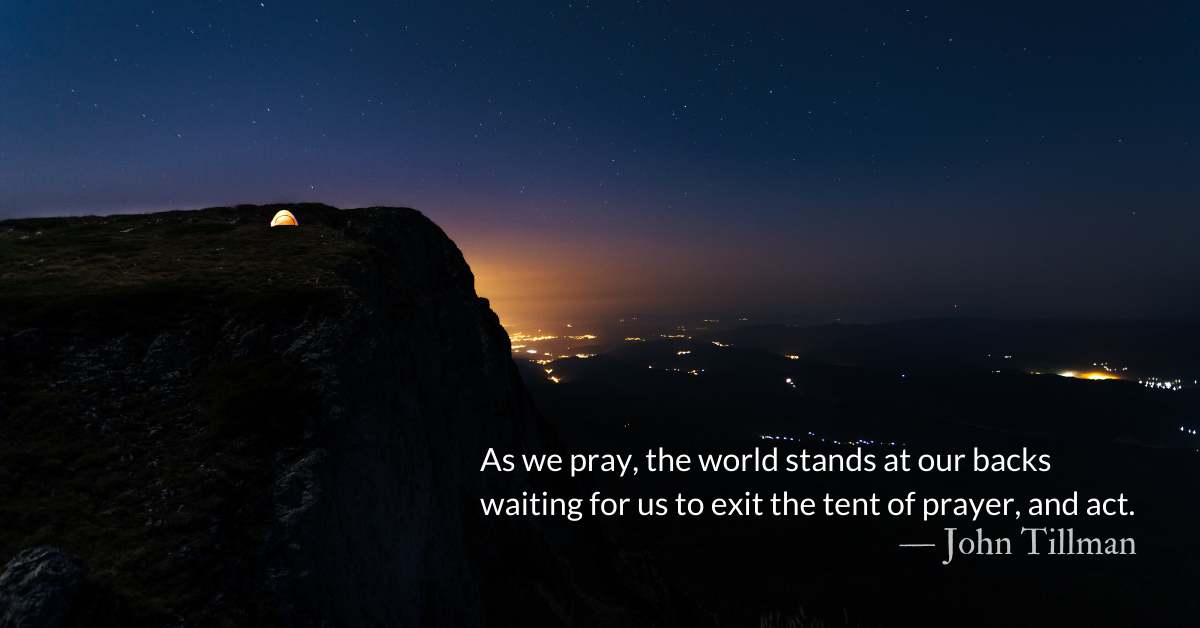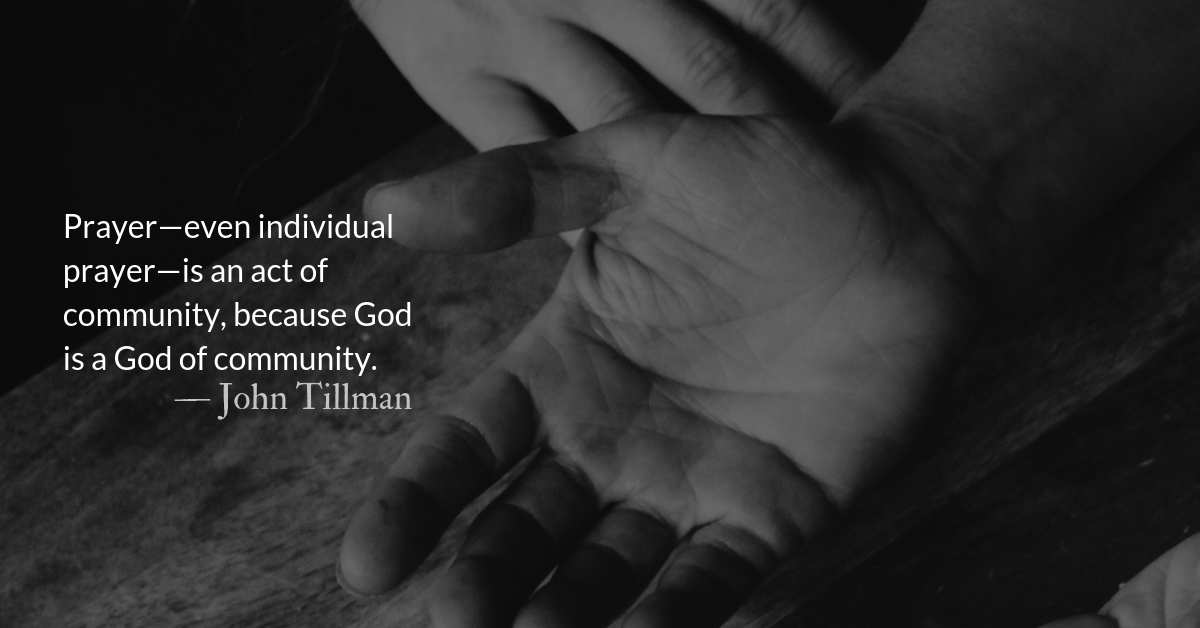Links for today’s readings:
Read: Numbers 7 Listen: (12:50) Read: James 2 Listen: (3:32)
Scripture Focus: Numbers 7:3-5, 9
3 They brought as their gifts before the Lord six covered carts and twelve oxen—an ox from each leader and a cart from every two. These they presented before the tabernacle.
4 The Lord said to Moses, 5 “Accept these from them, that they may be used in the work at the tent of meeting. Give them to the Levites as each man’s work requires.”
9 But Moses did not give any to the Kohathites, because they were to carry on their shoulders the holy things, for which they were responsible.
Reflection: Nothing More, Nothing Less
By Erin Newton
We talk a lot about giving to others, ministry, and the church. Numbers details how one should bring offerings (what kind and in what measure) and how someone could be symbolically dedicated to the Lord through financial giving.
But what about the receiving end? What if you are responsible for the finances of a church, ministry, non-profit, etc.? How are you handling that which is given for the work of the Lord? Do you know how to ethically receive?
With the new tabernacle built, a series of “housewarming” gifts are brought. The tribal leaders bring six carts and pairs of oxen to pull each one. They were not to be slaughtered or burned as a sacrifice. These are practical and useful offerings to the Lord and distributed for the work.
The Kohathites received none of these gifts. But this was not a punishment! Their duties were to carry the most holy items on their shoulders. These were items too precious and sacred to be carried by mere oxen. It was a privileged duty. Carts and oxen simply were not part of their equation.
As Roy Gane states, “The gifts meet needs created by the Levite job descriptions.” The job requirements determined what was given and who got what. No special favors were done.
I’m sure the Kohathites could have found some alternative use for carts and oxen, perhaps to carry personal belongings. But that would have been a misuse of gifts and would have taken items that belonged to another part of tabernacle ministry.
In Acts 2:45, the community of new Jesus-followers shared their wealth and resources; “they sold property and possessions to give to anyone who had need.” Gifts were based on needs.
How do you receive gifts in the spirit of Numbers 7?
It is no small thing to be entrusted with distributing money or resources that are benevolently given. Many church leaders today are criticized for their excessive lifestyles, seemingly taking the financial gifts from the church and increasing their salary in return.
Are these gifts received to meet the need described by the pastor’s duties? Some may claim a private jet is a necessity or a church-funded vacation is justified by their hard work. The luxury accrued by leaders is like Kohathites taking oxen and carts.
God calls his people to serve him with the necessary gifts and resources to get the job done—nothing more, nothing less.
Divine Hours Prayer: The Greeting
I will offer you a freewill sacrifice and praise your Name, O Lord, for it is good.
For you have rescued me from every trouble, and my eye has seen the ruin of my foes. — Psalm 54.6-7
– Divine Hours prayers from The Divine Hours: Prayers for Springtime by Phyllis Tickle.
Consider Supporting Our Work
To do what we do, we need help from people like you. Please consider becoming a donor to keep producing our ad-free biblical devotionals.
Read The Bible With Us
Improve biblical literacy and spiritual health by following our sustainably-paced, two-year Bible reading plan along with some friends. Grow deeper together.




